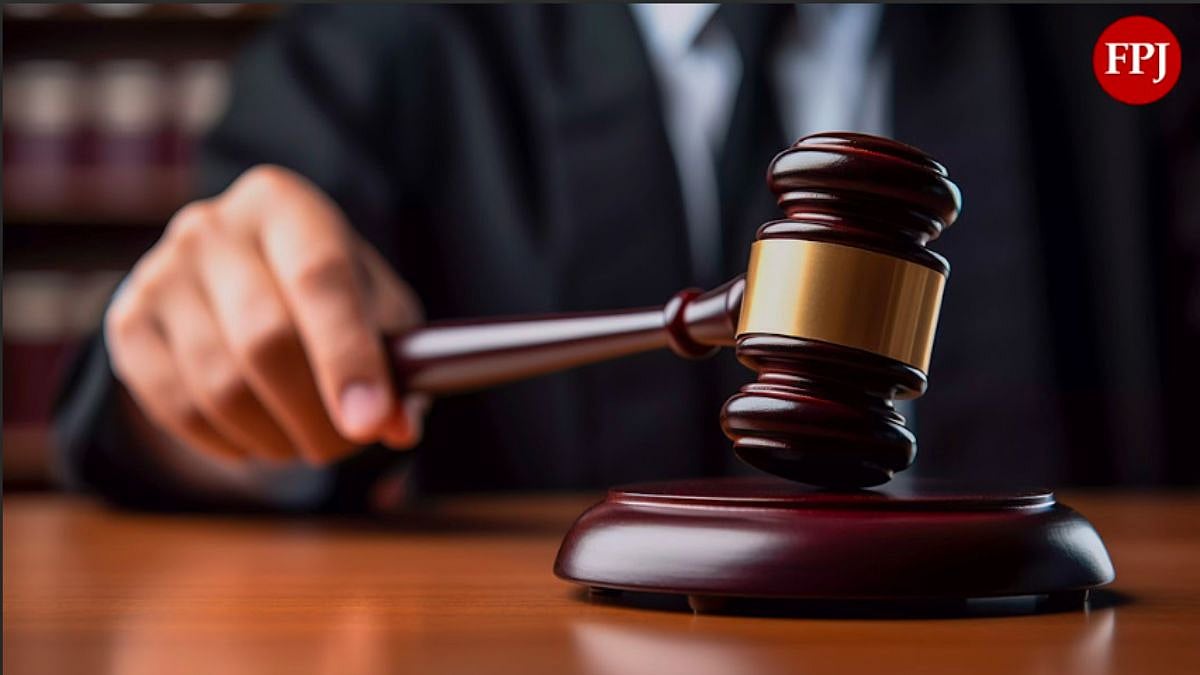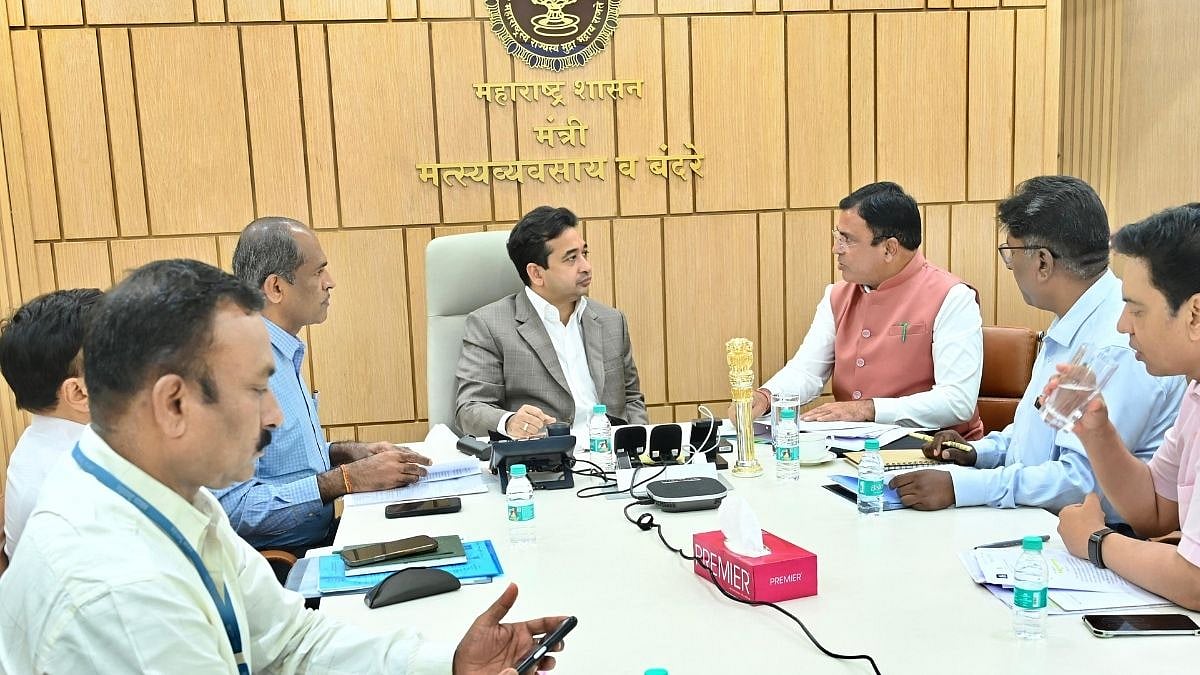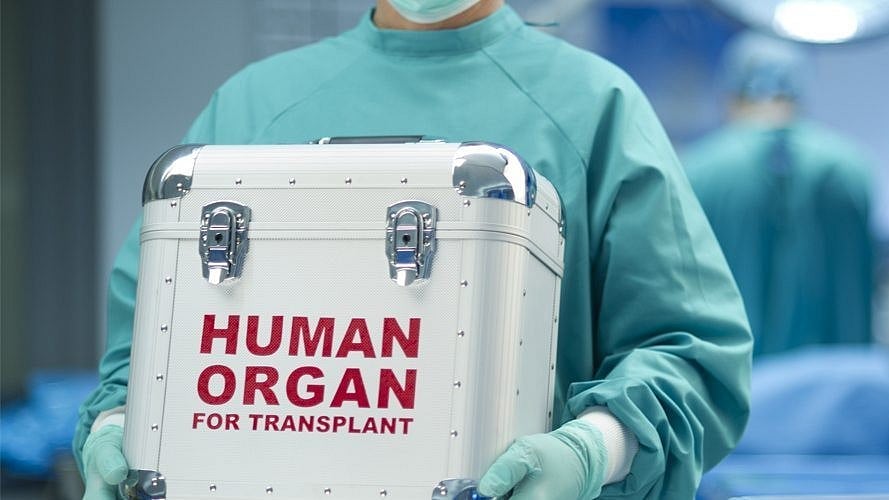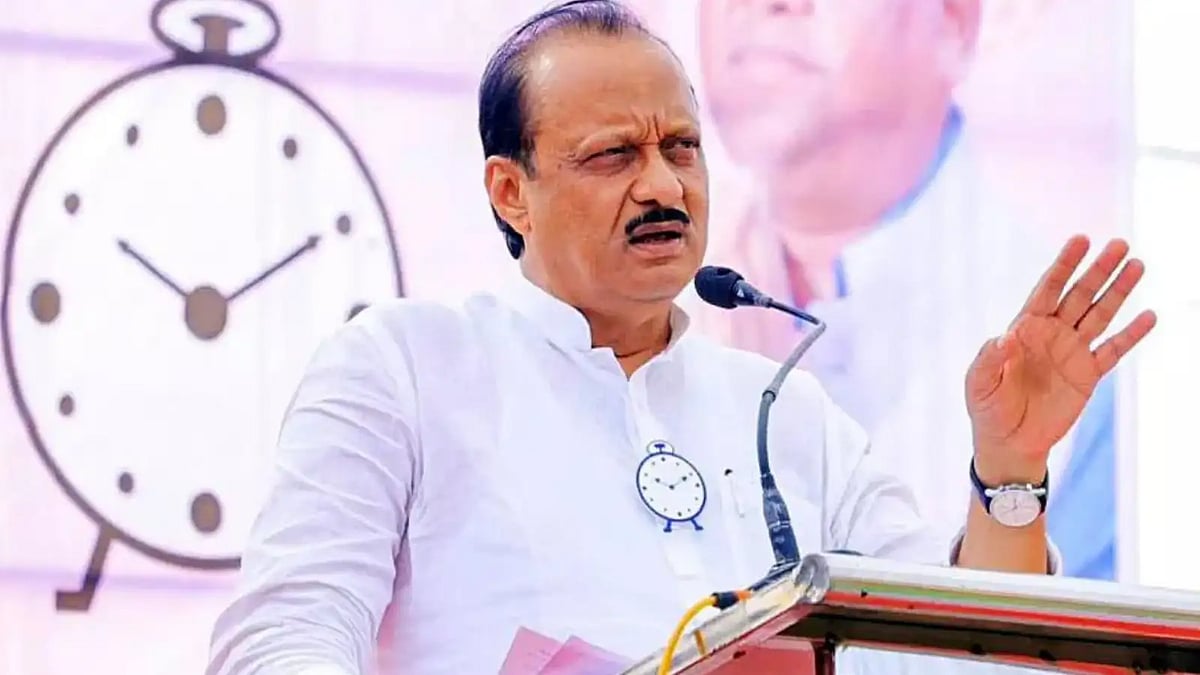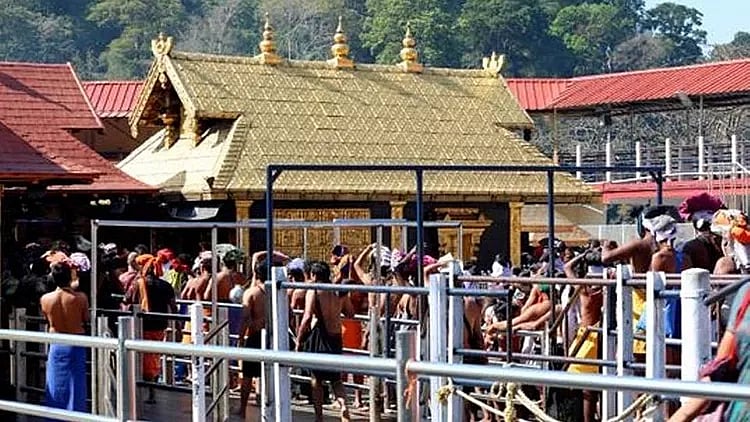The 1967 Hindi movie Aurat, which I saw on Doordarshan in my student days, starred Padmini and Pran. The girl, Padmini, is obviously not overjoyed at the prospect of being married to the villain. Pran attempts to convince her by pointing out to her that he can provide her with servants, a palatial house, and vehicles. Padmini may or may not have been convinced but this argument holds a strong appeal for many who aspire to public office, whether in the political or administrative spheres.
Take the quintessential budding Indian Administrative Service (IAS) officer and her/his entry into the hallowed portals of the civil service. Feted in her/his social circles at home, the young (wo)man proceeds to the district for initial training and subsequent posting. The perks start here, with a comfortable house (generally far from the madding crowd), domestic help at the residence, a Group D employee (literally preceding the young officer on her/his travels) and a jeep with a driver. The perks multiply very soon with her/his elevation to the district officer level, as the officer graduates to a much larger bungalow, a chauffeur-driven car and a whole retinue of domestic staff at her/his beck and call. While the perks are alluring, it is the quirks that command one’s attention more as an interesting object of socio-economic analysis: let us turn to them.
Among the visible prestige symbols that are the accoutrements of office, the flashing orange beacon, popularly known as the “lal batti” (red light), on the vehicle (jeep or car) is one that catches the public’s attention. Acquisition of this symbol gains one access to areas not easily accessible to the public, a wave-through without payment at toll booths and an occasional salute from the roadside policeman. In more recent years, there is also the armed security person in the front seat of the car and the pennant fluttering on the car bonnet to testify to the status of the occupant. Equally fascinating to observe is the seating plan in the vehicle. When the officer has just a jeep, s/he occupies the left side front seat, next to the driver. The problem of two officers of equal rank travelling by the same vehicle is resolved by one of them taking the steering wheel. In the case of a car, the senior officer must occupy the rear left hand seat, so that her/his door opens directly in front of the porch of the office, residence or the guest house. The hierarchy extends to the arrival and departure of vehicles at offices, guest houses and public functions; the last in (who is the top honcho in the hierarchy) is the first out (LIFO), quite unlike the normal first in first out (FIFO) inventory procedure.
Once in office, the impressive chair behind the large table testifies to the importance of its occupier. The first law of bureaucracy states: the size of the table is directly proportional to the position of the officer in the bureaucratic hierarchy. This also enables the stacking of hundreds of files on the table, submerging the bureaucrat from view. The second law of bureaucracy is: the occupier of the chair shall surrender it to her/his superior in the bureaucratic hierarchy, when the latter visits her/his office. This can have unpredictable fallouts, like the time we in the General Administration Department were called upon to adjudicate in a dispute between the District Collector and a Divisional Forest Officer. The conflict can arise even when two district officers occupy rooms in the guest house — matters can be precipitated especially when they are from the IAS and the Indian Police Service (IPS), two services that often share a strange love-hate relationship.
Official residential accommodation is another undisputed perk of a public servant, especially in the higher echelons of the political and administrative hierarchy and top-level district officers. The old British habit of isolating the rulers from the natives is alive and kicking seven decades after independence. Allied with the provision of official vehicles, this effectively insulates the public official from her/his ostensible masters, the aam aurat/aadmi. The realisation that public housing/transport are major problems probably dawns on politicians/bureaucrats only when they are out of office, at which time their successors in office have no time or sympathy to listen to their anguished cries.
Little wonder then that politicians and bureaucrats stick to public posts like limpets, well past their “sell by” dates. India’s gargantuan public sector and plethora of public institutions enable the accommodation of defeated (and unelectable) politicians, keeping intraparty dissent muted and enabling the politician in power to get on with her/his job. The bureaucrat relies on a whole host of post-retirement sinecures, ranging from administrative tribunals to governorships of states and diplomatic postings; the really enterprising few become politicians themselves, extending their perks well into the sunset years.
But the day of reckoning must come sooner or later. That day will dawn for the majority of politicians/bureaucrats when the trappings of office recede and they must rub shoulders with the common man. I still remember my office boy recounting how the Chairman of a large public sector company was a few places ahead of him in the morning queue at the milk booth, days after his retirement. One would be well served by remembering the advice given in Adi Shankara’s Bhaja Govindam:
“The pleasures and riches of worldly life are delusive appearances. Realise that they are a passing show.”
The blogs of the author of this article, a retired IAS officer of the Maharashtra cadre, can be viewed at www.vramani.com


